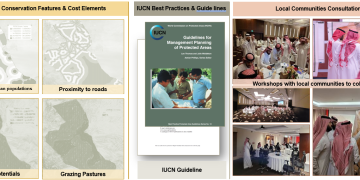Ecosystem-based Management Science Program
Social and political support and partnership
Development of ecologically connected co-managed MPA network
Adequate capacity and co-management institutions
Private sector engagement
Sustainable financing strategy
